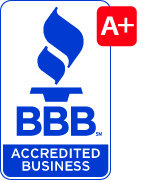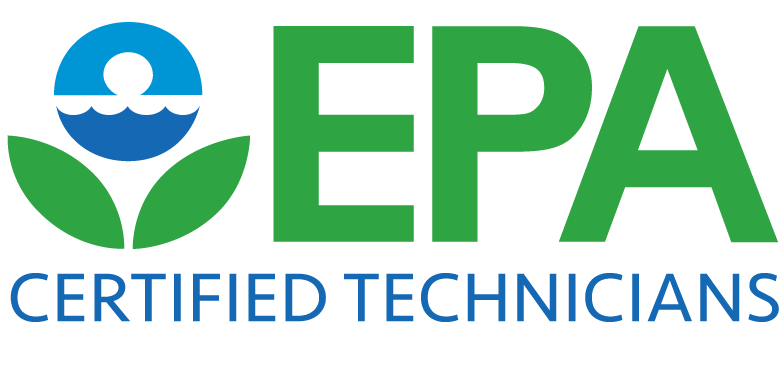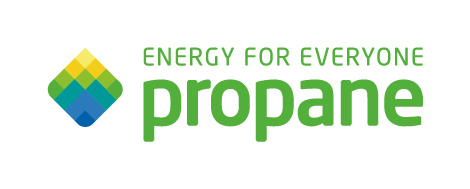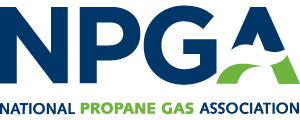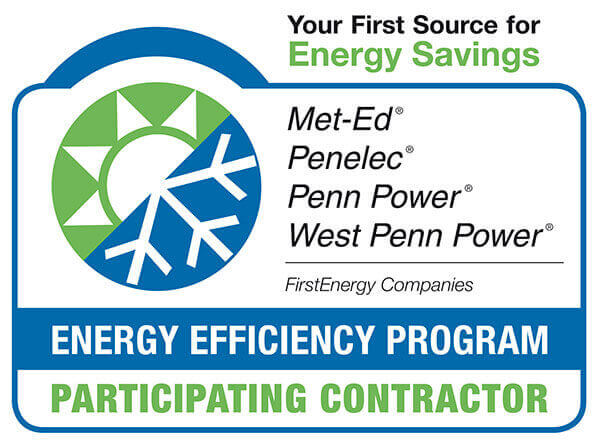SOS XTREME Comfort® provides the best heating and cooling repair services in Pomona. Our technicians are trained in the very latest technology and can work on all brands of oil, propane, electric and gas heating systems and central air conditioning systems.
We service, repair and install:
- Oil Heat Systems
- Gas Furnaces, Boilers and Heating Systems
- Propane Heating Systems
- Electric Heat Pumps
- Central Air Conditioning Systems
- Ductless Heating and Cooling Systems
At SOS XTREME Comfort®, we specialize in creating comfortable environments in homes and businesses. We have been helping customers in and around Pomona since 1934. Give us a call today to get your heating or cooling system serviced or installed.
Call For Fast Service:
845-351-4700
API Token is not configured
In addition to servicing Pomona we also service the following nearby towns:
Blauvelt, Central Nyack, Congers, Garnersville, Haverstraw, Hillburn, Monsey, Nanuet, New City, Orangeburg, Palisades, Pearl River, Piermont, Pomona, Sloatsburg, Sparkill, Spring Valley, Stony Point, Suffern, Tallman, Tappan, Thiells, Tompkins Cove, Valley Cottage, West Haverstraw, West Nyack
Click here to view our total service area.
FAQs
Q: What does HVAC imply?
A: HVAC means heating, ventilation, and air conditioning.
Q: What kind of maintenance do I need to do on my cooling and heating unit?
A: The solution to HVAC upkeep is efficient ventilation. This suggests that everything that limits airflow should be immediately remedied. Things like dust, debris, or dirt should be removed. Your air filters should always be clean for proper circulation. An annual tune-up on your AC should be scheduled in the springtime and a yearly tune-up on your heating unit should be planned in the autumn.
Q: Why do I have to replace my air filter?
A: You can’t possibly use an HVAC system without changing the air filter out when it gets filthy. The purpose for this is since your system calls for proper air flow just to run. A filthy air filter will stop your system from working properly. The filter acts sort of like a lung and it filters out impurities from your air. It tries to keep your home free from dust, allergens, and even germs. Moreover, a filthy air filter puts stress on your system which causes it to work harder. This equates into higher home heating and cooling costs. There are different types of filters accessible. Make sure to find out the consistency at which your filter needs to be changed. It should be printed on the packaging label of your filter. We advise that you check your filters on a month-to-month basis. No matter what the label says, you will have to change your filter as frequently as required. If you see that it is dirty, then be sure to swap it out for a new one. Variables such as family pets or dirty climates can make a huge difference on how frequently it has to be changed. A qualified Pomona HVAC service provider will be able to inform you on what kind of filter works well for your kind of system.
Q: How do I comprehend when my air conditioner, furnace, or HVAC system is still under warranty?
A: Figuring out whether your warranty is still active or not will help you determine if a needed repair job will be covered. The age of your unit generally determines if it is covered by your warranty. If it is less than 5 years old, then your warranty is typically still active. If it is over 5 years old, then it, more than likely, is not. This, of course, is dependent on the manufacturer and the company that installed your system. You can always call SOS XTREME Comfort®, a trained Pomona HVAC company, to let you know the status of your warranty.
Q: Should a loud noise coming out of my AC system and heating unit be something that worries me?
A: You should unquestionably do something about a loud sound coming out of your HVAC system. First, you do not need to be a contributor to noise pollution. While your system may be running well, your neighbors will welcome not needing to hear your unit each time it starts up. There are many variables that contribute to a loud system. They involve:
- Age
- Make of the unit
- Whether the compressor is insulated
Most contemporary systems are a whole lot more quieter than their previous counterparts. That being said, make sure to review makes and models and look at the sound ratings for each. You do not need to install one that is a little louder than another option mainly if it is located right next to your bedroom window.
Q: I have an idea of the real dangers of carbon monoxide. Is this something I have to be worried about?
A: Carbon monoxide gas is an issue that you should most definitely be concerned about. It is advisable to use a carbon monoxide alarm in your home given that you will not be able to identify whether or not there is a leak in your home otherwise. Proper care and upkeep of your HVAC unit should prevent CO leaks.
Q: What does IAQ represent?
A: IAQ stands for Indoor Air Quality. Although you may have heard of outdoor air pollution, indoor air pollution is just as risky. In fact, it could be a lot more of a problem because there is even more exposure to this type of pollution than outdoor air pollution, as explained by the American Lung Association. Indoor air pollution is the presence of pollutants that exists within your home. New systems can help prevent indoor air pollution because they are produced to help those who struggle with allergies and respiratory system difficulties. These are typically the kinds of symptoms that are revealed from indoor air pollution.
Q: What are the reasons for indoor air pollution?
A: As surprising as it may seem, many items contribute to indoor air pollution. Items such as carpeting, furniture, drapery, and even upholstery have compounds in them that are constantly emitting fumes or gases. The cleaning products that you use may contribute to indoor air pollution. Since newer homes are more energy efficient, this also means that they are not ventilated the way that older homes in the past do. They do not breathe. Therefore, the buildup of these gases and fumes cause indoor air pollution. Newer homes need a whole house ventilation system to combat the possibility of indoor air pollution so that homeowners can rest assured of their safety while enjoying their extremely energy-efficient home.
Q: How does my HVAC system move air all around my home?
A: Your HVAC system primarily does the job by pulling air through your vents. This air, then goes to your system’s air handler. The conditioned air is then pushed back into your home through your air vents or registers. These vents are typically found on your walls. In some cases, they are located on your ceilings or floor surfaces.
Q: Should I cover up my outside unit throughout the winter weather?
A: Your outdoor machine should not be covered during the cold season. Regardless of whether a snowstorm is predicted, your unit can deal with it. These cooling and heating systems are constructed to hold up against even the coldest of weather. Covering it can bring about some unexpected issues. If anyone were to unintentionally start up the air conditioning unit, it can ruin the condenser and its parts.
Q: What should I set my thermostat to: on or auto?
A: If you really want to make your house as energy efficient as achievable, then make sure to set your thermostat to the ‘auto’ setting as an option. This setting makes the fan run only when it is necessary. The ‘on’ setting makes your fan work constantly. Though this is nice when you would like to have air continually filtered through your house, it uses significantly even more energy. This, is turn, will spike your utility expenses.
Q: I will need to purchase a new heating/cooling system. How do I decide on the right one for me?
A: Most importantly, you will need to think of the size of the unit. Don’t be tempted to buy an over-sized unit, expecting that it will heat or cool your home a lot quicker than a smaller sized one. Some house owners expect that a smaller unit will minimize their home heating and air conditioning costs. A unit that is too little will not save money on your electrical power statements. Some people have the misunderstanding that size is a choice. In reality, it is not. The size of your machine has to match the size of your ductwork. Otherwise, your home will not feel comfortable and your energy expenses will escalate. A Pomona, New York HVAC contractor will have the capacity to help you determine what size your home needs in order to do its job well. A carefully sized unit will keep your home comfortable and in an energy efficient manner. Be sure to ask your HVAC contractor about operating rates for the new system that you are interested in. Make sure to pick one that pays itself off. New systems are so energy efficient that you will undoubtedly see a difference on your power charges and that is how you get a return from your investment.
Q: I just invested in a new heating and air conditioning unit. Should I have a programmable thermostat installed also?
A: Property owners who have installed programmable thermostats are pleased that they did. The main reason is because they are saving money. You can set this type of thermostat to raise or bring down the temperature level in your house based on your agenda. This genuinely works when you have a regular schedule. Beyond saving you money on your utility bill, a programmable thermostat can also provide more comfort. It can heat up your house before you get out of bed in the early morning!
Q: Will a new Pomona HVAC system decrease my electricity bills?
A: A brand new unit, particularly when compared to much older systems, are significantly more energy efficient. It can save as much as 50% on operating costs. More recent designs have a 13 SEER which is the minimum efficiency standard by law.
Q: My furnace/air conditioner gets the job done even if it is old. Why should I change it?
A: Your heating and cooling system might work but it definitely won’t work as effectively when it is 12 years old. As they age, they lose their efficiency and this is reflected on your power bill each month. When a unit loses its efficiency, it is a gradual process so you may not see it immediately. When you upgrade to an updated unit, you will get the return from your investment fairly rapidly. You can save as much as 50% on operating expenses. One of the main reasons that house owners switch their systems with a new one is to reduce their home cooling and heating costs.
Q: I want to landscape my lawn in the spring. Can I plant near my exterior unit?
A: Landscaping your lawn can be pleasurable and a great way to spruce up your outdoor areas. When it relates to your outdoor unit, you ought to take care. It needs plenty of space to be able to breathe. This means that you have to give 18 inches above and around your unit for proper air circulation. This will allow it to work as called for to make sure that your home will feel comfortable. If you take the chance of planting too close to it, then you could very well find yourself calling for an avoidable repair job.
Q: The temperature inside of my home is fine but my unit’s fan seems to be running all of the time. What should I do?
A: If your fan seems to be running all of the time, then it is more than likely that your thermostat is on the ‘on’ position. Although this setting creates more of a uniform temperature throughout your house, it definitely will make your electrical power bills skyrocket.



